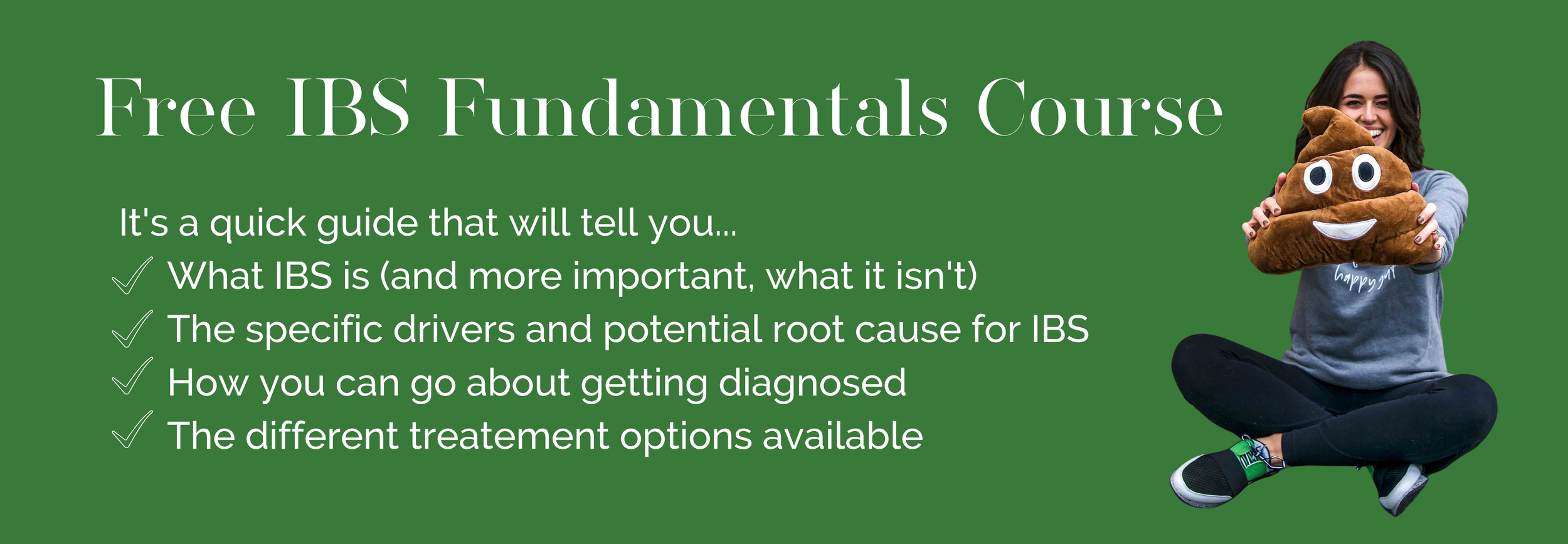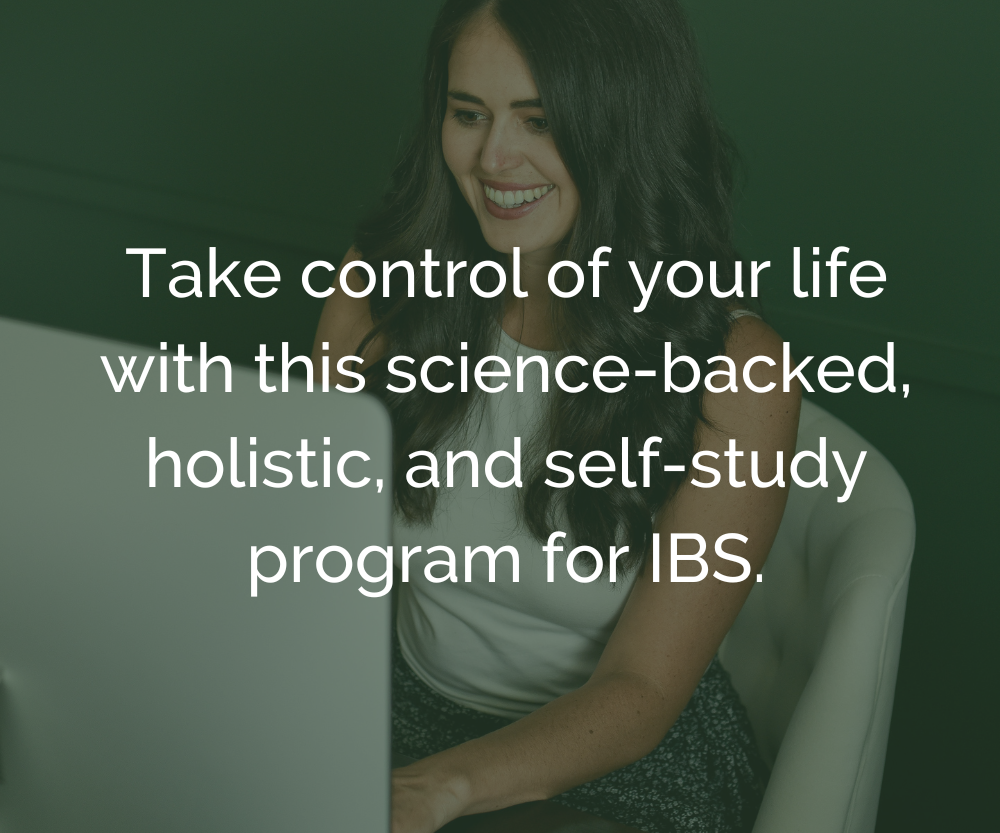3 Reasons Why the Low FODMAP Diet Isn’t Working
The low FODMAP (fermentable oligosaccharides, disaccharides, monosaccharides, and polyols) is a therapeutic diet used for irritable bowel syndrome (IBS). The diet is broken down into three phases: elimination, reintroduction, and individualization.
FODMAPs are small-chained carbohydrates that can be difficult to digest, and are shown to trigger symptoms for those with IBS. The role of the diet is to remove these carbohydrates to reduce symptoms, challenge them back in to identify specific triggers and tolerance levels, then add variety to the diet around those results.
Studies show that the low FODMAP improves symptoms for around 75% of those with IBS, which are incredible odds for an intervention. However, there are some issues with how the low FODMAP is typically presented, which can lead to lower success rates and frustrated clients.
The first important piece that goes missing is the role of a registered dietitian in the implementation of the diet. All studies that show high success rates of the diet include the guidance of a registered dietitian. The reason this is important is that dietitians are able to provide clear guidance through all three phases of the diet, as well as guidance around overall nutrition, in order to help patients get the best care possible.
Many times, the diet is recommended by a gastroenterologist or primary care provider, along with a piece of paper and no referral. Another issue with the low FODMAP diet is that resources can be contradictory and misleading, which then leads to poor adherence to the diet and more frustration.
If you’ve tried the low FODMAP diet in the past, or are currently trying it, and aren’t seeing the results you expected, it’s not your fault. It may be that you weren’t given the proper guidance and information to truly succeed with it. Here are three top reasons why it may not be working for you:
What’s your poop personality? Find out here!
1. The foundation wasn’t set to support you.
A clear understanding of what’s going on in your body, along with first line dietary and lifestyle changes should always come before low FODMAP elimination. This will prevent you from being in the elimination phase for months without seeing results, and will help you understand why certain foods and habits actually contribute to symptoms.
2. You’re stuck in phase one.
The low FODMAP diet is meant to be three phases and they are all equally important. Sometimes it can be scary or confusing to move away from phase one. Phase two is where you actually get the most clarity, but it’s not as simple as just bringing random foods into your diet. Instead phase two and phase three should be structured so that you get clear results to determine your tolerance levels and feel confident about increasing diversity in your diet.
3. You aren’t supporting your gut microbes.
Did you know that elimination of FODMAPs can actually decrease the diversity of the microbiome, which is already a core issue with IBS? If you want long term symptom relief and a healthy gut for better immunity, better mental health, and improved digestion, you have to focus on supporting the microbiome during low FODMAP and after low FODMAP. This is a common reason why you may see results at first, but then they fade over time.
The good news is that there is a better way. It’s possible to get clear guidance on building a strong foundation of knowledge, working through first-line changes, going through all three phases of the low FODMAP diet, and supporting your microbiome with a lifelong plan. The answer is the MASTER Method. This is a 16 week group program that is designed to walk you through these steps with guidance from registered dietitians and support from a group of women who understand what you’re going through. You can learn more and sign up for our waitlist here!
Are you frustrated with your IBS symptoms? Do you desire to be confident in your food choices? Do you want to have a healthier relationship with your body and diet? Are you ready to take control of your IBS?



